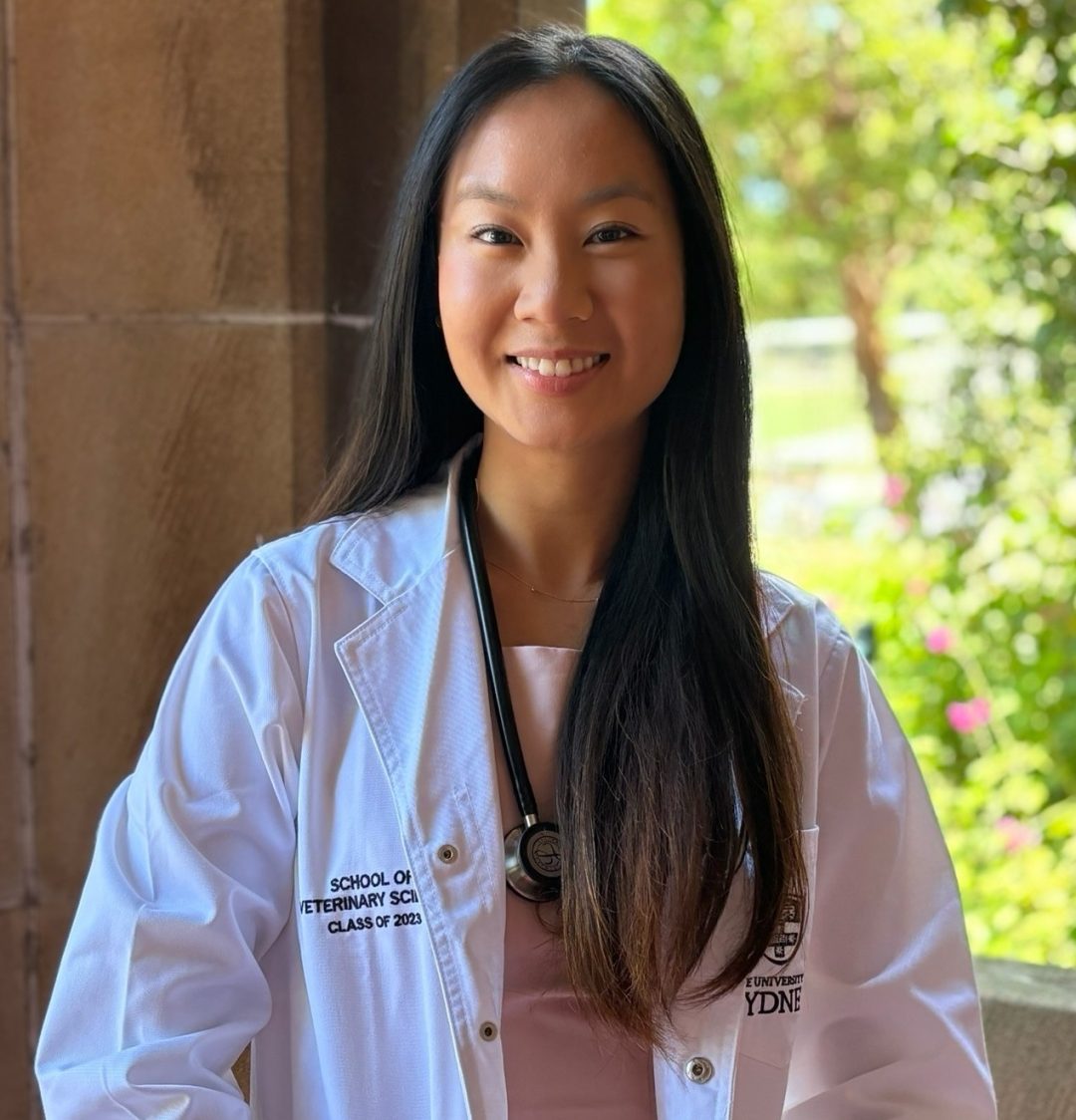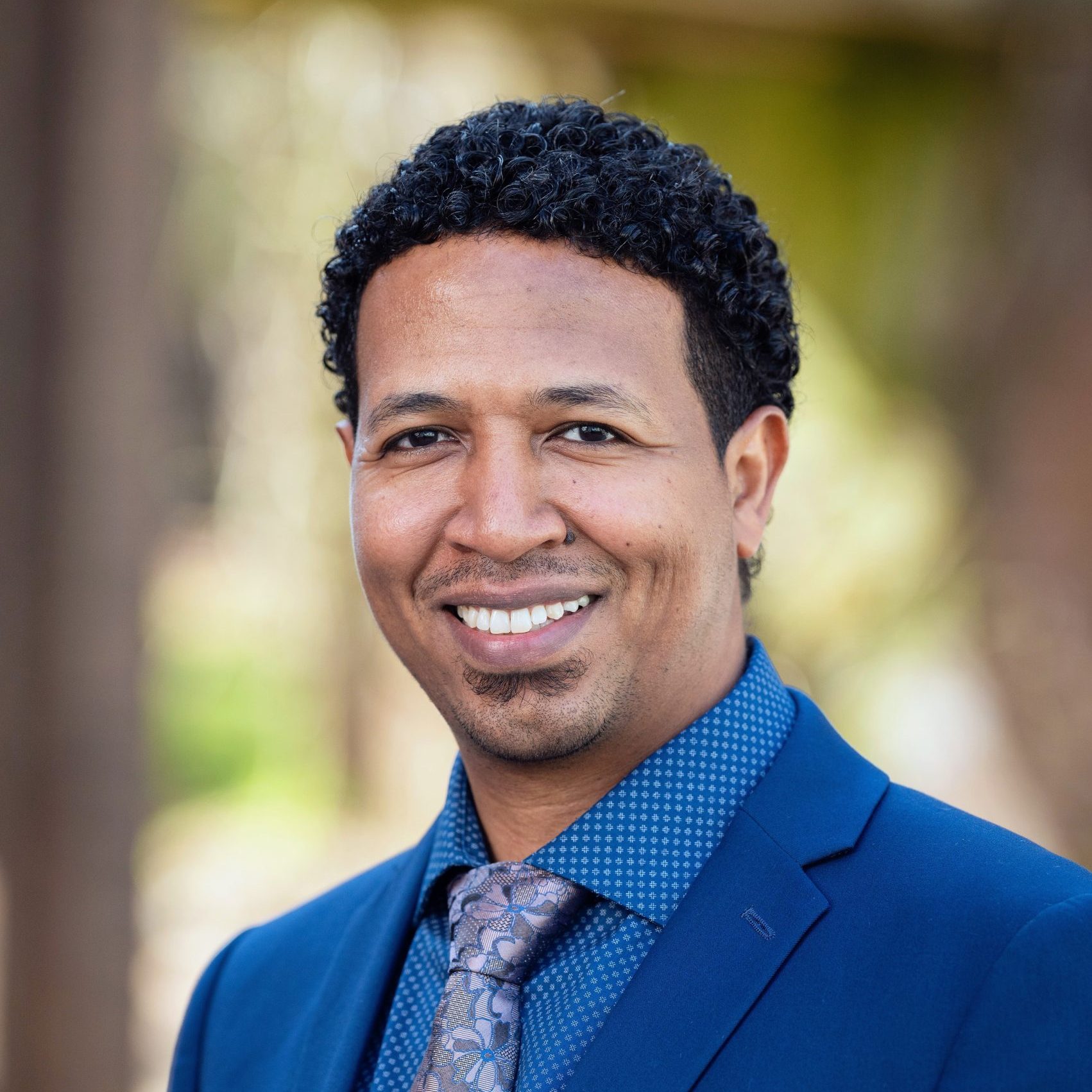Classroom to the Clinic: How LFS Prepared Me for Veterinary School

About
| Name | Cherri Deng |
| Job Title | Veterinarian |
| Company | Fraserview Veterinary Hospital |
| Grad year | 2019 |
| Program | Bachelor of Science in Applied Biology |
| Major | Applied Animal Biology |
Cherri’s passion for working with animals, conservation and nutrition drew her to the Applied Biology Program. During her time in the Faculty she gained experiences, connections and knowledge that she has been able to leverage in her current job as a veterinarian.
Cherri shared with us her experience as a student in the Faculty, her career journey and provided insights for those who are interested in pursuing a career in veterinary medicine.
What was one of your most meaningful experiences at UBC? And why?
As cheesy as it sounds, my classes taught by amazing profs like Dr. David Fraser who were the highlight of my time at UBC. His enthusiasm for animal welfare is infectious, and his kindness so apparent. I was so inspired by the commitment of the faculty to animal welfare.
What advice would you give to a high school student considering your program in LFS?
If you have passion for topics like animal welfare, conservation and nutrition or are considering being a veterinarian, Applied Biology is an amazing program to be a part of. In my first year, I was in the Faculty of Science but transferred into LFS once I learned about the program and the Faculty.
From a young age, I was interested in being a veterinarian and I was able to achieve that through the knowledge and skills I gained in the Faculty and through volunteering with animals. For students who are interested in pursuing a career in veterinary medicine, I would encourage them to get experience working with animals such as through volunteering at animal shelters, in clinics and wildlife rescues.
Looking back at your LFS degree, what do you think you learned that sets you apart from your peers as you look ahead to the next chapter?
I think my knowledge and insight into both nutrition and animal welfare helps me as a veterinarian. Although we learn a lot about anatomy, physiology and medicine in vet school, the understanding of the complexities of animal welfare and behaviour is really lacking. Also, nutrition is one my passions, and although there are differences between animal and human nutrition, the building blocks are the same and the knowledge I gained from my nutrition electives in LFS formed the backbone to all my nutrition counselling that I do now as a veterinarian.
What was the most challenging class or project you undertook, and how did you overcome it?
I participated in the LFS global seminar in Thailand which consisted of doing field research and living in rural Thailand for five weeks. Not having access to basic things like running water, a shower, a proper bed, and hiking eight hours a day to observe elephants regardless of the weather conditions was challenging. I would say the companionship of my peers during that time was invaluable, we all helped each other through the challenges.
What was your first job after graduation and what other jobs did you have before your current position?
My first professional job is the one I have currently as a veterinarian. I have always worked part-time during my studies. Previously I worked as a nutrition consultant for pet product companies as well as a license insurance broker, which were positions that allowed for flexibility with my academics.
Before coming to UBC, during your time in UBC, or after your time in UBC, are there any awards or achievements you’d like to share with us?
Serving my community has always been a constant and I started volunteering at 12 years old and I have never really stopped since. I would say the “achievement” that I am most proud of is the gratitude and appreciation I receive from my clients. Being a “one in a million clinician” and seeing my clients cry with gratitude from the extent of my care and kindness is the most heartwarming thing. Having the trust of my clients to give the best care to their beloved pets is such a rewarding feeling.
Find out more about our undergraduate programs in our Future Students page.
Tagged with: 2025, Applied Animal Biology, Applied Biology







